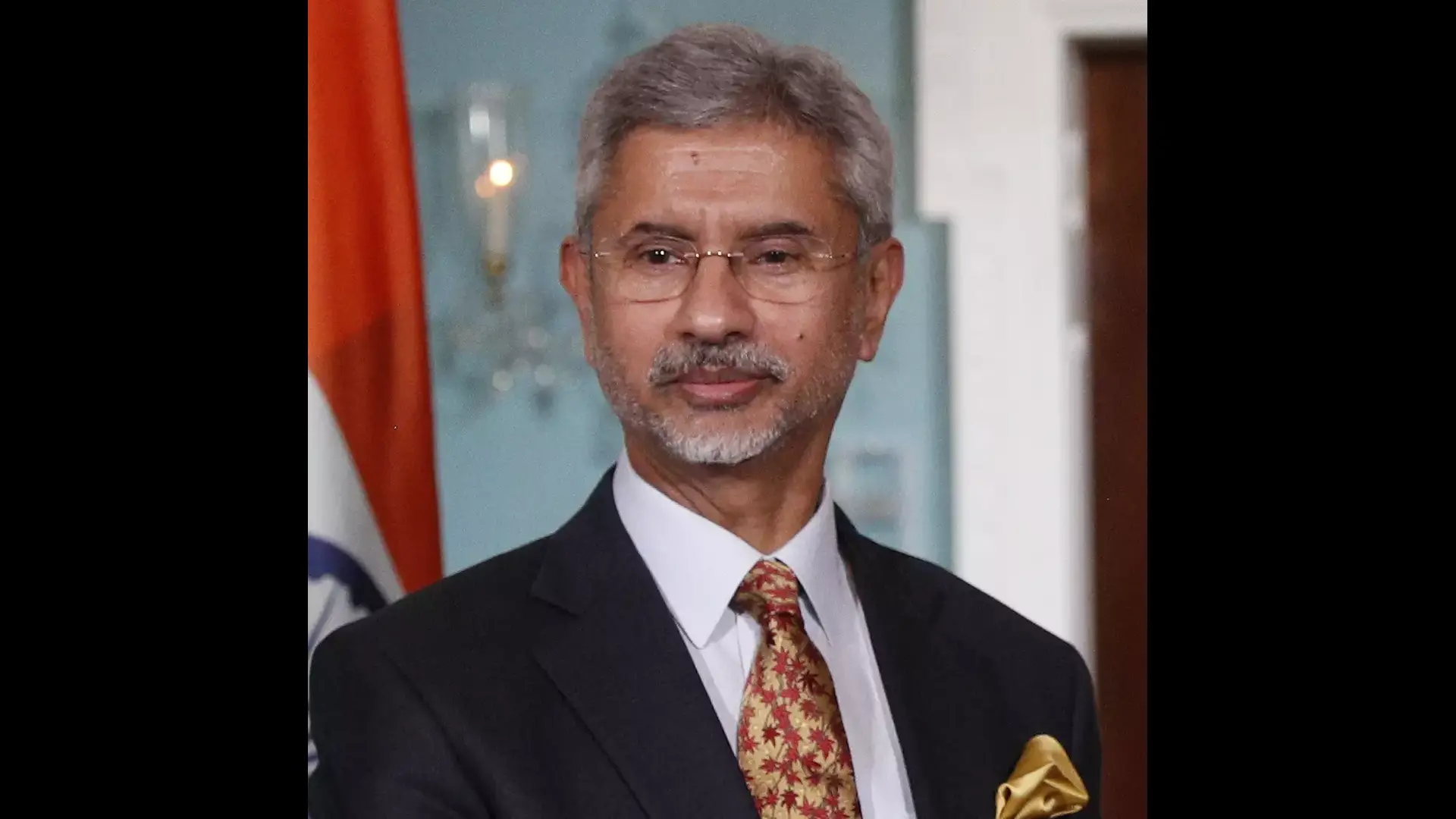At the inauguration of the National Judicial Museum and Archive (NJMA) at the Supreme Court, Chief Justice of India DY Chandrachud engaged with an ‘AI lawyer,’ posing a thought-provoking question: “Is the death penalty constitutional in India?” The Chief Justice’s interaction with the AI highlighted the fusion of technology with law in India’s highest court, emphasizing the evolving role of AI in addressing complex legal questions. The NJMA, established to preserve and showcase India’s rich judicial heritage, marks a step forward in both preserving legal history and incorporating advanced tech tools like AI into the judicial landscape.
WATCH THE VIRAL VIDEO:
#WATCH | Delhi | At the inauguration ceremony of the National Judicial Museum and Archive (NJMA) at the Supreme Court, Chief Justice of India DY Chandrachud interacts with the ‘AI lawyer’ and asks, “Is the death penalty constitutional in India?” pic.twitter.com/ghkK1YJCsV
— ANI (@ANI) November 7, 2024
Related News
AI Transforms Legal Research
In today’s fast-paced legal environment, litigators are using AI to streamline research and improve strategy. Legal AI tools rapidly analyze extensive case law, summarizing relevant precedents with impressive accuracy. This technology enables lawyers to perform comprehensive research faster, ensuring no detail is missed.
AI-powered litigation analytics also help attorneys assess case trends and predict outcomes, guiding strategic choices. By reducing manual research, AI not only saves time but also cuts litigation costs, allowing broader access to justice and reducing financial risks for funders supporting cases with limited resources.







